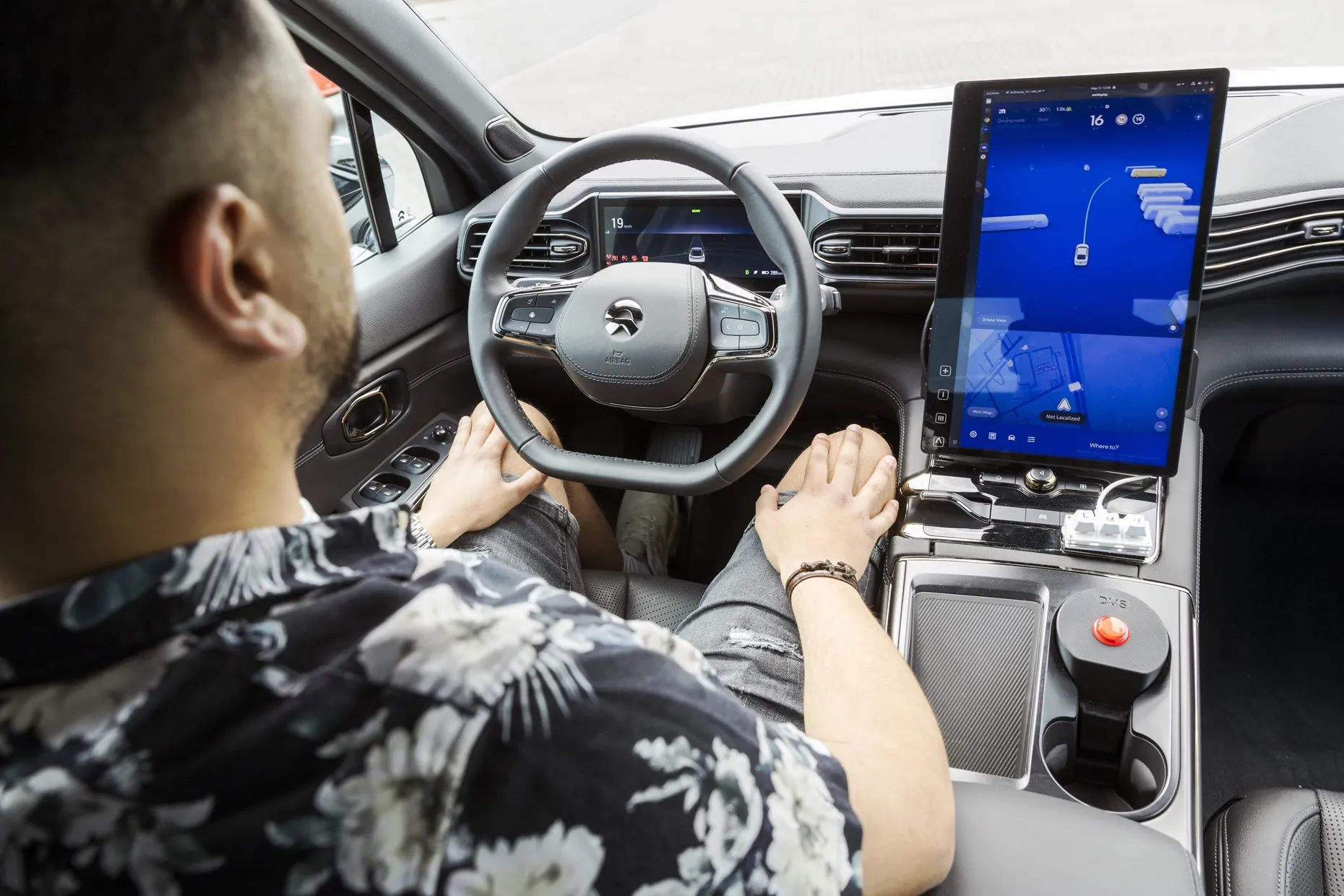In the first project of the ‘digital A9 motorway test bed’ to show how vehicles on a motorway can share hazard information, Continental, Deutsche Telekom, Fraunhofer ESK and Nokia Networks have carried out a real-time demonstration of communication between vehicles via the Deutsche Telecom LTE cell network.
The project, which aims to improve road safety and traffic management, involved upgrading Deutsche Telekom's existing LTE network at sections of the A9 motorway test bed with Nokia Networks’ mobile e
November 10, 2015
Read time: 2 mins
In the first project of the ‘digital A9 motorway test bed’ to show how vehicles on a motorway can share hazard information, 260 Continental, 4194 Deutsche Telekom, Fraunhofer ESK and Nokia Networks have carried out a real-time demonstration of communication between vehicles via the Deutsche Telecom LTE cell network.
The project, which aims to improve road safety and traffic management, involved upgrading Deutsche Telekom's existing LTE network at sections of the A9 motorway test bed with Nokia Networks’ mobile edge computing technology. The LTE base stations were upgraded with plug-in modules known as cloudlets, which ensure that information is directly routed within the cells, instead of transporting data through the mobile network via the cloud, reducing end to end latency.
The test vehicles contain an on-board unit, connected to the vehicle systems and communicate with the LTE network via a wireless module. Continental supplies the interface to the cars' on-board systems via the CAN bus and the tablet application software. Fraunhofer ESK developed the GeoService software, which ensures that the vehicles' position data is recorded and processed directly at the LTE base station. The geo service at the mobile base stations allows that incident warnings can be sent practically in real-time to all vehicles in the relevant area.
Alexander Dobrindt, the German Federal Minister of Transport and Digital Infrastructure, commented: "With the 'digital A9 motorway test bed', we have created a technology-neutral offering for industry and research. Innovative companies can trial automated and networked driving in real-life conditions on the motorway. We are, in a very real sense, bringing the laboratory to the road. This is the first demonstration of car-to-car communication via a high-speed cellular connection with near-5G performance. With it, we are taking the leap into the digital real-time age on the road. This will make traffic more predictable for drivers and will help prevent traffic jams and accidents. The project highlights the fact that Germany is paving the way for Mobility 4.0 in the digital world. Our ambition is to make the rating 'tested on German Autobahn' internationally recognised as a standard."
The project, which aims to improve road safety and traffic management, involved upgrading Deutsche Telekom's existing LTE network at sections of the A9 motorway test bed with Nokia Networks’ mobile edge computing technology. The LTE base stations were upgraded with plug-in modules known as cloudlets, which ensure that information is directly routed within the cells, instead of transporting data through the mobile network via the cloud, reducing end to end latency.
The test vehicles contain an on-board unit, connected to the vehicle systems and communicate with the LTE network via a wireless module. Continental supplies the interface to the cars' on-board systems via the CAN bus and the tablet application software. Fraunhofer ESK developed the GeoService software, which ensures that the vehicles' position data is recorded and processed directly at the LTE base station. The geo service at the mobile base stations allows that incident warnings can be sent practically in real-time to all vehicles in the relevant area.
Alexander Dobrindt, the German Federal Minister of Transport and Digital Infrastructure, commented: "With the 'digital A9 motorway test bed', we have created a technology-neutral offering for industry and research. Innovative companies can trial automated and networked driving in real-life conditions on the motorway. We are, in a very real sense, bringing the laboratory to the road. This is the first demonstration of car-to-car communication via a high-speed cellular connection with near-5G performance. With it, we are taking the leap into the digital real-time age on the road. This will make traffic more predictable for drivers and will help prevent traffic jams and accidents. The project highlights the fact that Germany is paving the way for Mobility 4.0 in the digital world. Our ambition is to make the rating 'tested on German Autobahn' internationally recognised as a standard."







